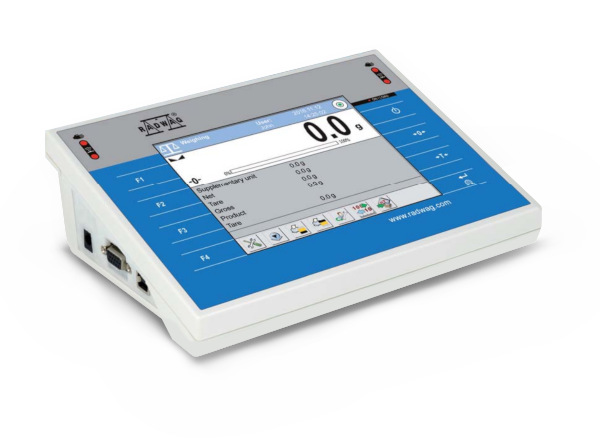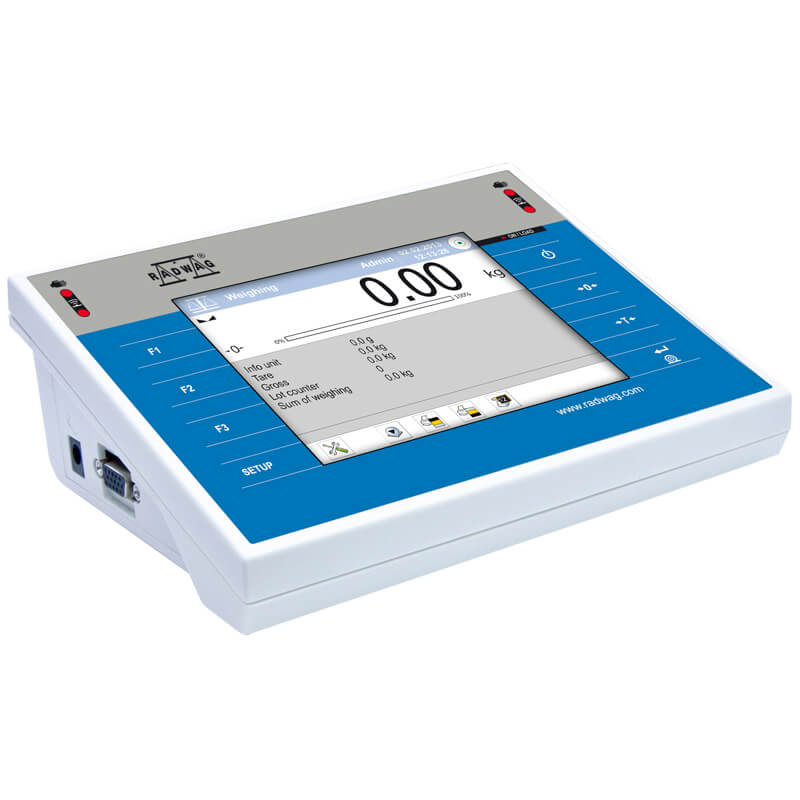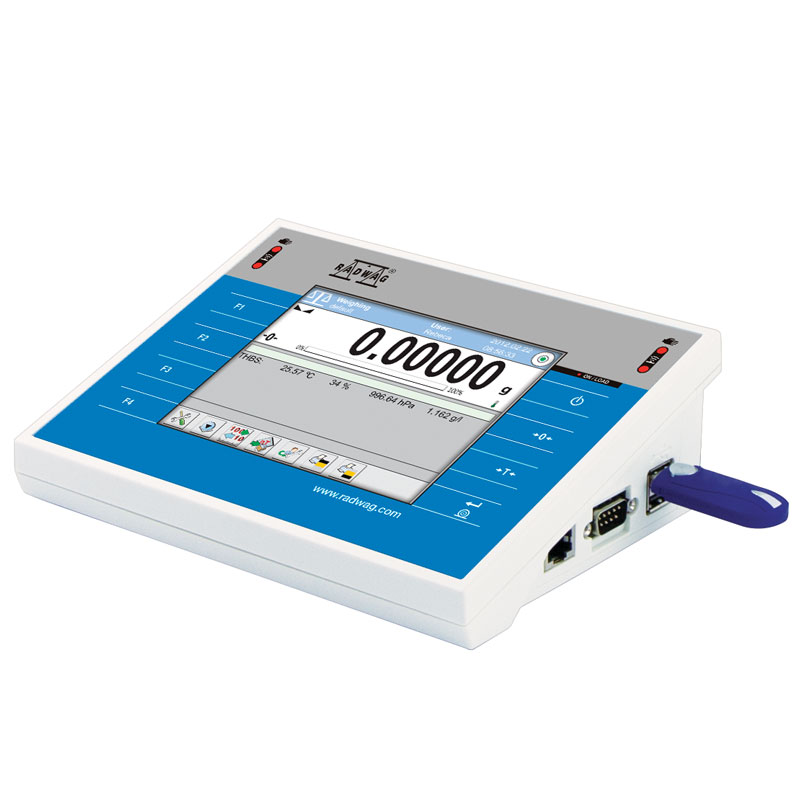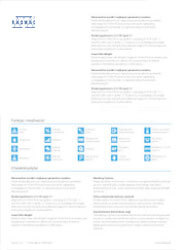Terminal de pesage PUE 7.1

Ergonomie et confort de travail
Le terminal peut être connecté à deux plate-formes de balance au maximum. De plus, on peut le connecter aux lecteurs de code-barres, aux imprimantes, aux étiqueteuses, au lecteur RFID et à l’équipement PC (une souris, un clavier, une mémoire flash USB). Le terminal PUE 7.1 en version de standard dessert une plate-forme de balance et possède une interface de communication élargiée. L’interface de communication élargiée contient : 2x USB, 2xRS 232, Ethernet, 4 entrées/4 sorties (digitales), Wi-Fi®.
Wi-Fi® est une marque déposée de Wi-Fi Alliance®.












 Albanian
Albanian Danish
Danish Nederlandse
Nederlandse Estonian
Estonian Finnish
Finnish Hungarian
Hungarian Icelandic
Icelandic Kazakh
Kazakh Latvian
Latvian Lithuanian
Lithuanian Macedonian
Macedonian Norwegian
Norwegian Portuguese
Portuguese Romanian
Romanian Russian
Russian Slovak
Slovak Slovenian
Slovenian Swedish
Swedish Ukrainian
Ukrainian Serbian
Serbian Montenegrin
Montenegrin Português (Brasil)
Português (Brasil) Deutsch
Deutsch English
English Español
Español Italiano
Italiano Japanese (日本語)
Japanese (日本語) Polski
Polski Türkiye
Türkiye Česky
Česky 中文
中文




















